Students from different years and disciplines have the opportunity to come together through Seattle University’s recreation club sports. Each club provides students with the opportunity to meet new people and begin a friendship with players they share common interests with.
Some of the clubs on campus include water polo, co-ed women’s and men’s soccer and women’s rugby.
Water polo club is a six-year-old club led by president Broderick Fitch—a third year sports and exercise science major—who encourages all students to join the team.
“We advise having a decent swimming background, but we are such a family-friend oriented team that we take our time to try and educate and train people who have never played,” Fitch said.
Fitch recommends joining water polo club to not only improve one’s physical and mental health, but also to meet new people.
“We love to have a fun time and compete, but what really brings us together is being friends in the pool and playing something that we really enjoy. Win or lose, we are all there for fun,” he said.
The water polo club is looking to expand their team and move up in the UREC tier system so that the team could travel more. Fitch included he would like to arrange for the team to play a tournament in California for the 2018-2019 school year.
Ali Bourque is a third year nursing major that just started playing women’s club soccer fall quarter. So far, she has enjoyed her experience on the team.
“I met a lot more people because of it—people in younger grades that I would have never met, because I take all my classes with the same 60 people,” she said.
For Bourque, taking on the commitment to play club soccer has forced her to prioritize more, which she finds helpful. She advises students to try out a club sport and not to be discouraged.
“Don’t be scared about the level of experience you need to have, because I think a lot of people won’t come out to a practice because they don’t think they’re good enough,” Bourque said. “It’s not as strict as you think it is going to be.”
One of the co-presidents for co-ed soccer is Gen Jesse, a fourth year international studies and French double major.
“If you haven’t played soccer before, I think that co-ed is the best way to get into it,” she said. “We just scrimmage during practice so everyone can always play. It’s a great way to exercise and get your workout in.”
Jesse says that the commitment for co-ed is completely up to the player. “It is just about having fun. Everyone really wants to be there which is en- couraging. Each person has their dif- ferent motivations for playing, so it’s a good mix,” she said.
One goal she has for co-ed club soccer is to succeed in the league by having fun. “It would show our practices are paying o and that we know how to play together as a team. I would also like to see co-ed continue and [younger players] step up and take leadership positions,” she said.
Seattle U’s women’s rugby club is an inclusive and body positive club focused on having fun and building a family. One of the co-presidents, Nicky Lenzen, a third year humanities for leadership major, has been a part of the rugby family since her first year.
“The reason I’ve stuck with rugby for this long is because I adore the people and they make me want to be a better person. One practice and you meet the people,” Lenzen said. “You realize rugby players aren’t big, scary aggressive girls that want to beat you up. You realize that we are people.”
Trough the unique lingo of the sport and the support system needed to prevent injuries, the team builds a deep connection and trust with each other. This trust gives the team the space to express themselves, which translates into the inclusion of all people and body types.
“Our women’s team accepts people who don’t identify as a woman but don’t identify as a man. Rugby is also very body positive because every body type has a purpose on the field. There’s no expectation to look a certain way. It’s just an accepting environment,” Lenzen said. “You’re going to get bruises and feel sore, but you can watch your body heal. It’s what your body is doing for you and you can take care of your body.”
The team wants students to know that they exist as a team that is com- mitted and optimistic.
For more information about any of the clubs mentioned, visit Seattle University’s recreation and fitness website.
Hunter may be reached at
huechi@su-spectator.com


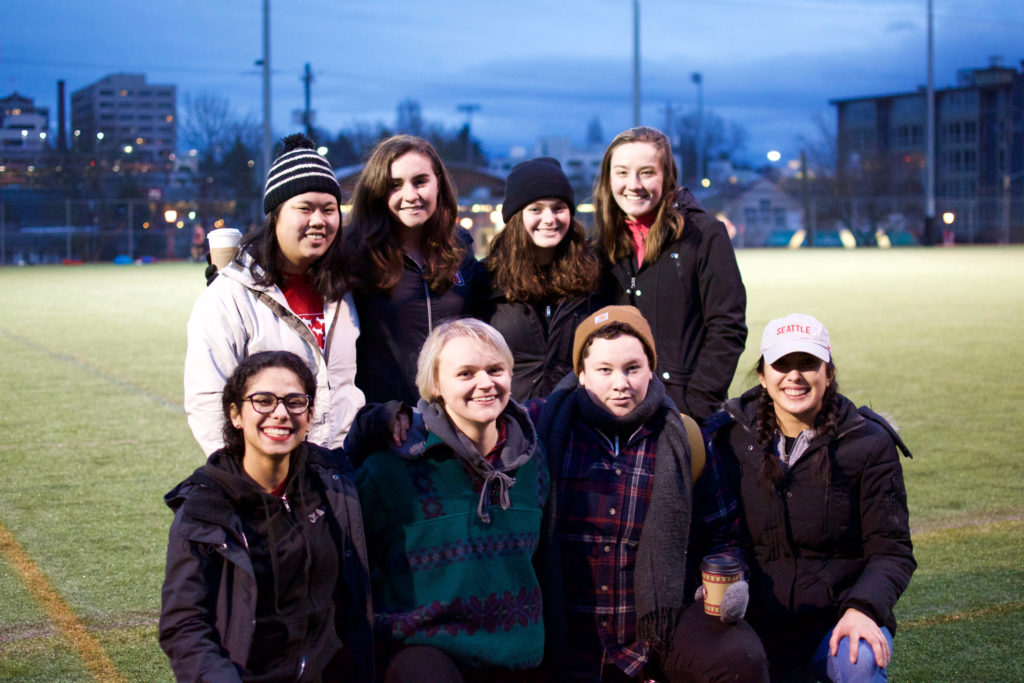

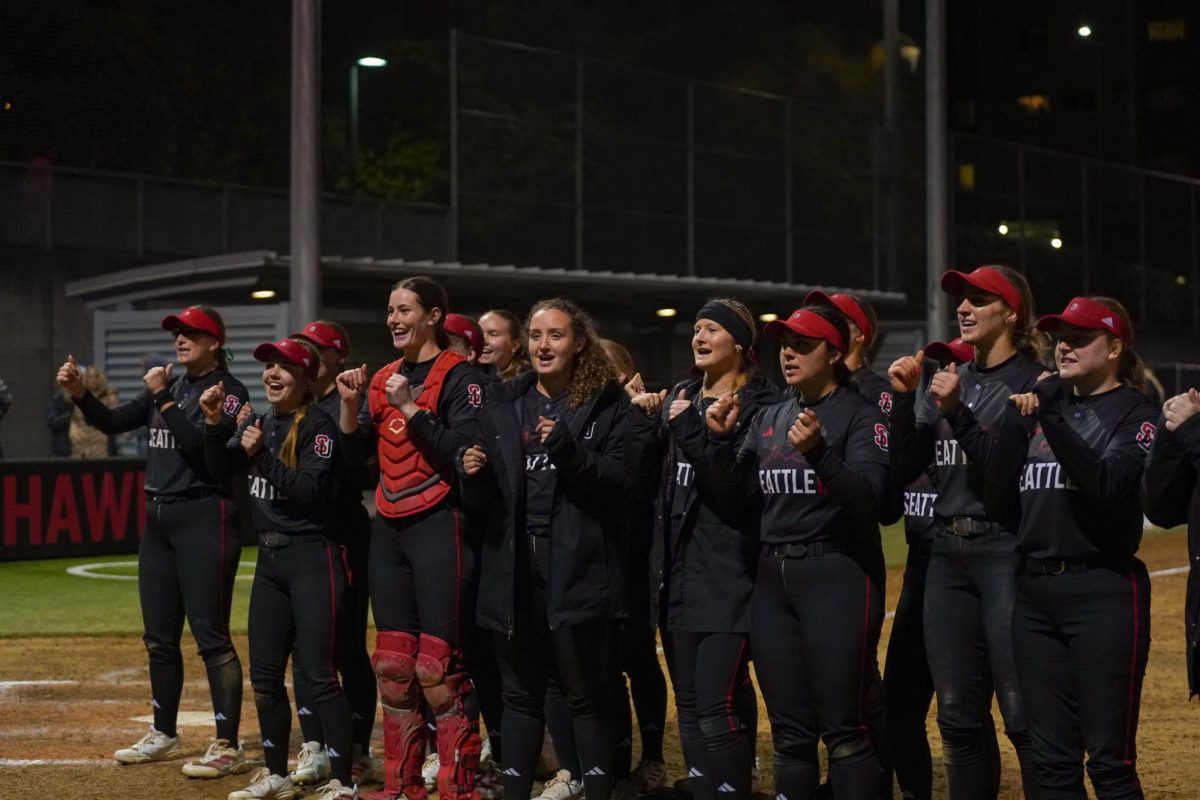
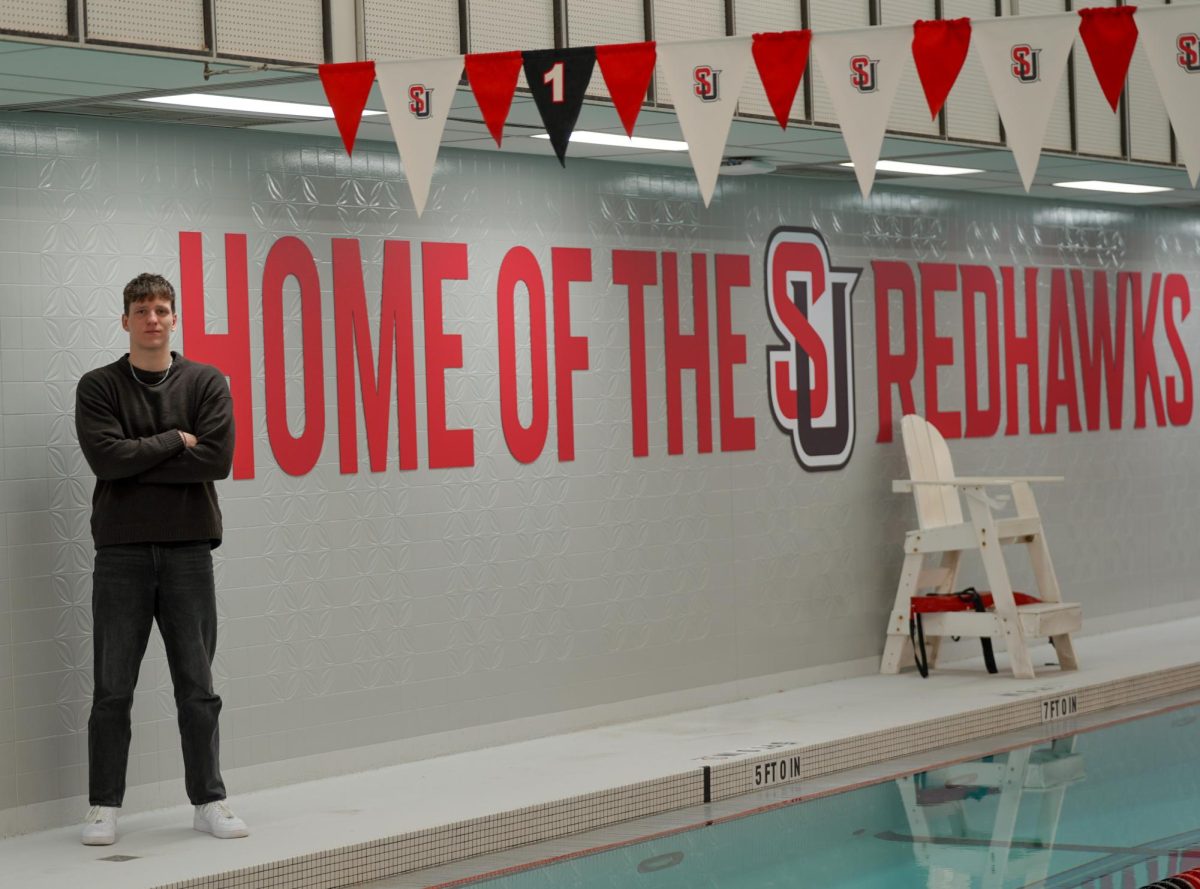
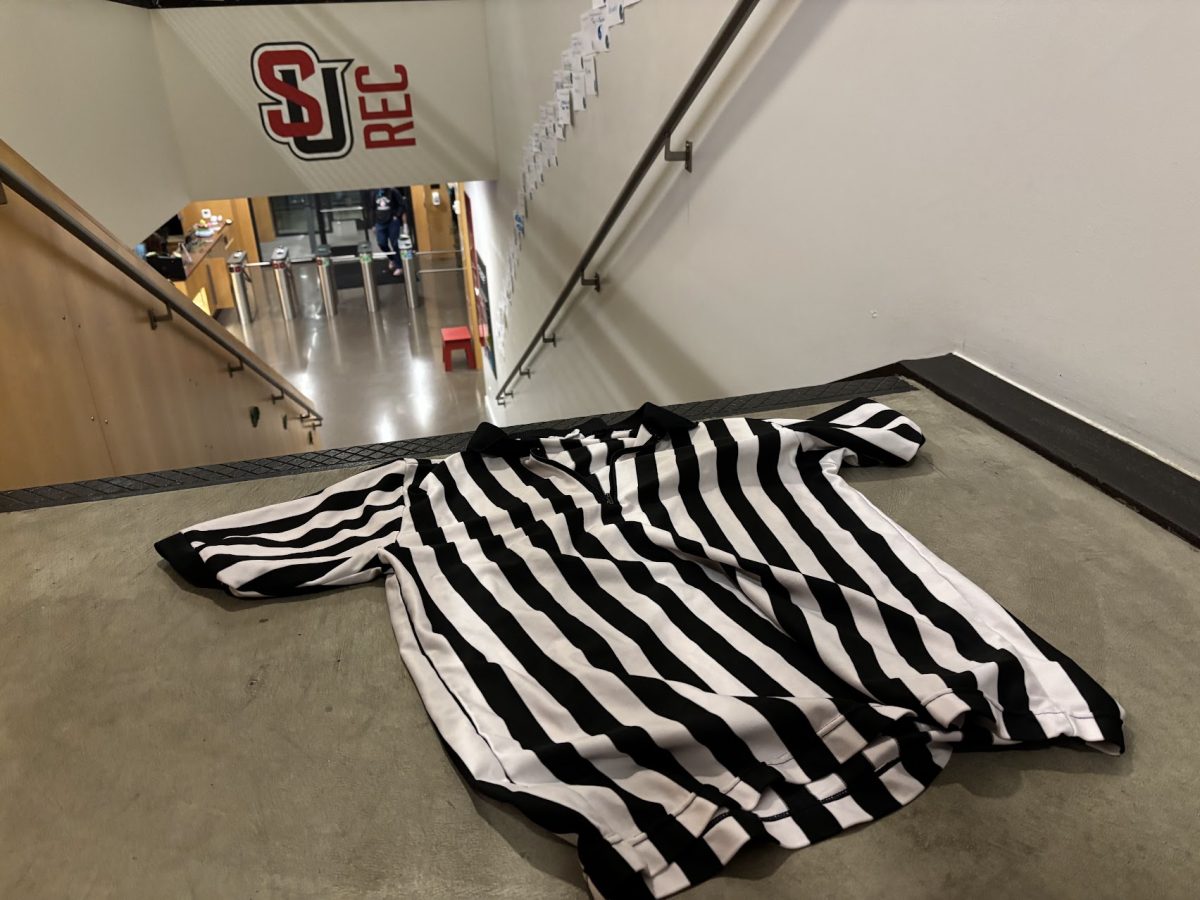
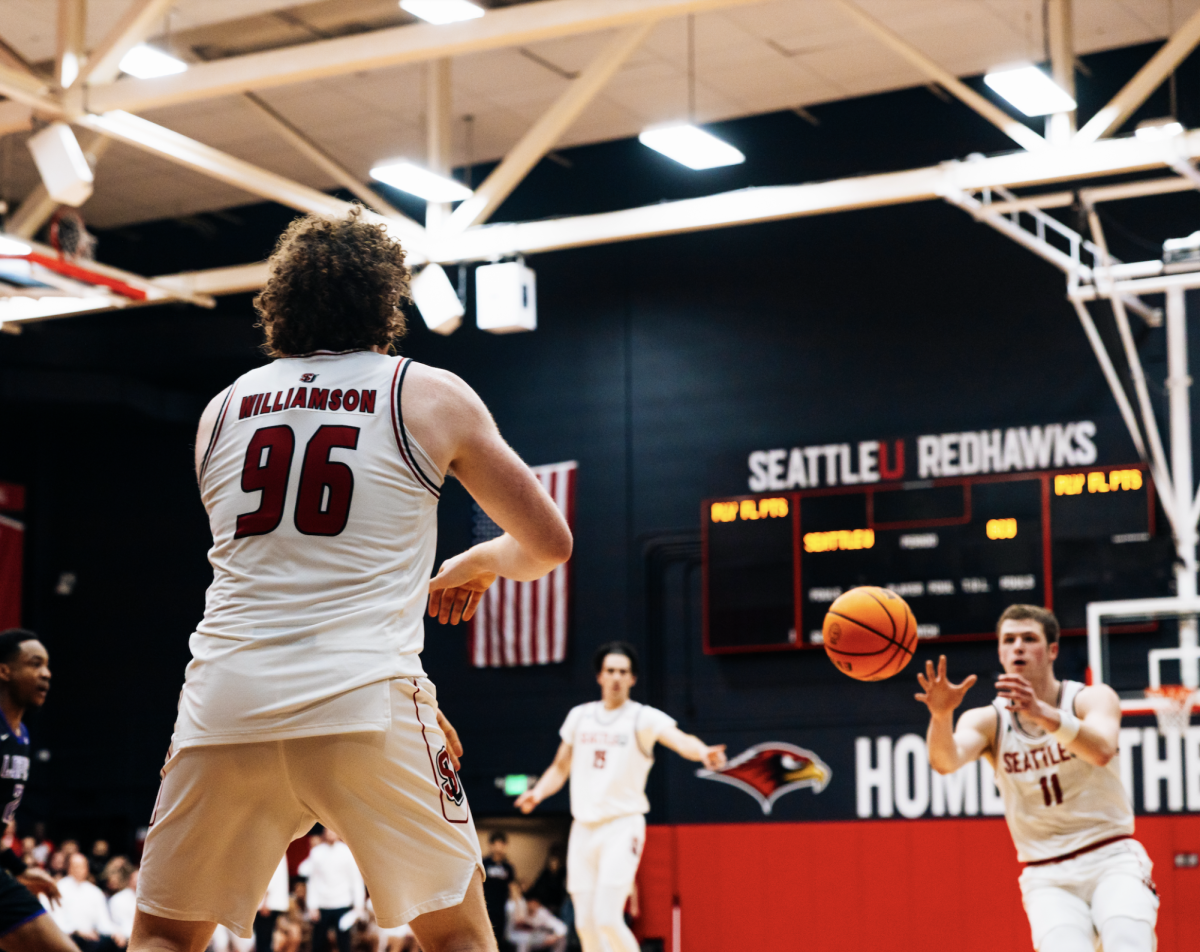
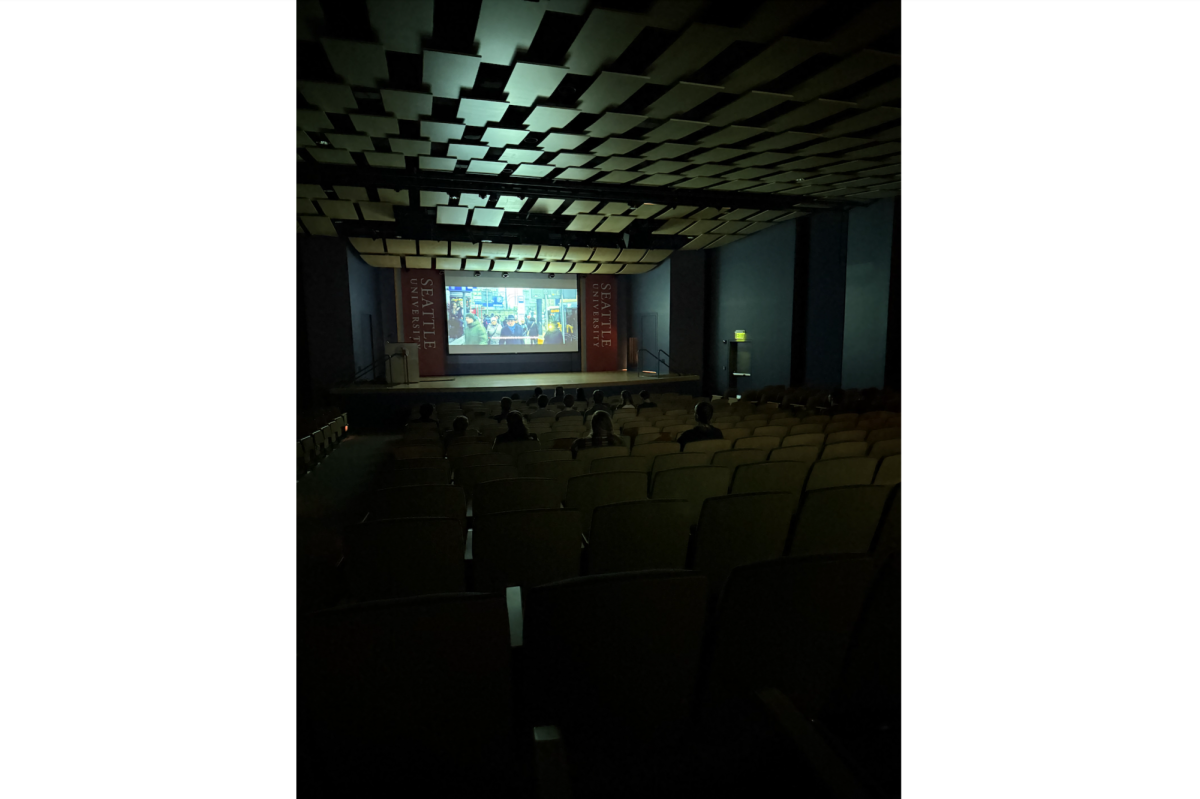
![All My Favorite Soccer Players Are Retired [OPINION]](https://seattlespectator.com/wp-content/uploads/2025/03/Screenshot-2025-03-05-at-20.37.13-1200x783.png)